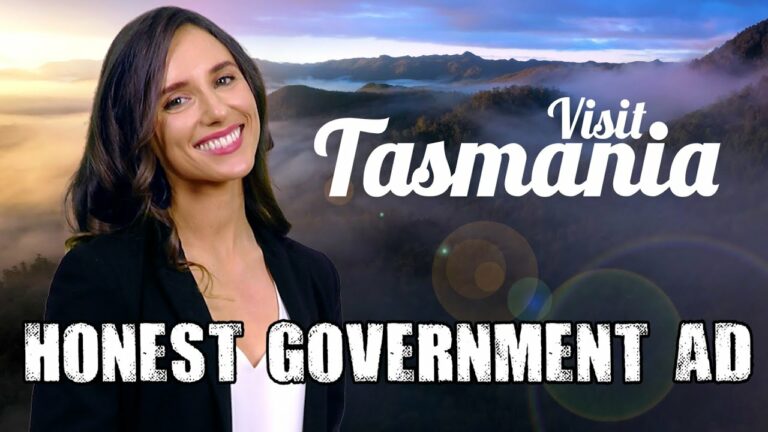Big Digital Tech Moves Into Synthetic Biology: The Generative AI Rush/Black Box Biotech – Pt 1/2
Jim Thomas says profit driven generative biology, Big Tech integration of artificial intelligence with synthetic biology, raises serious challenges for global oversight of biotechnology and governments need to separate hype from reality at the upcoming 2024 UN Biodiversity Conference (CBD COP16). Produced by GPEnewsdocs.









